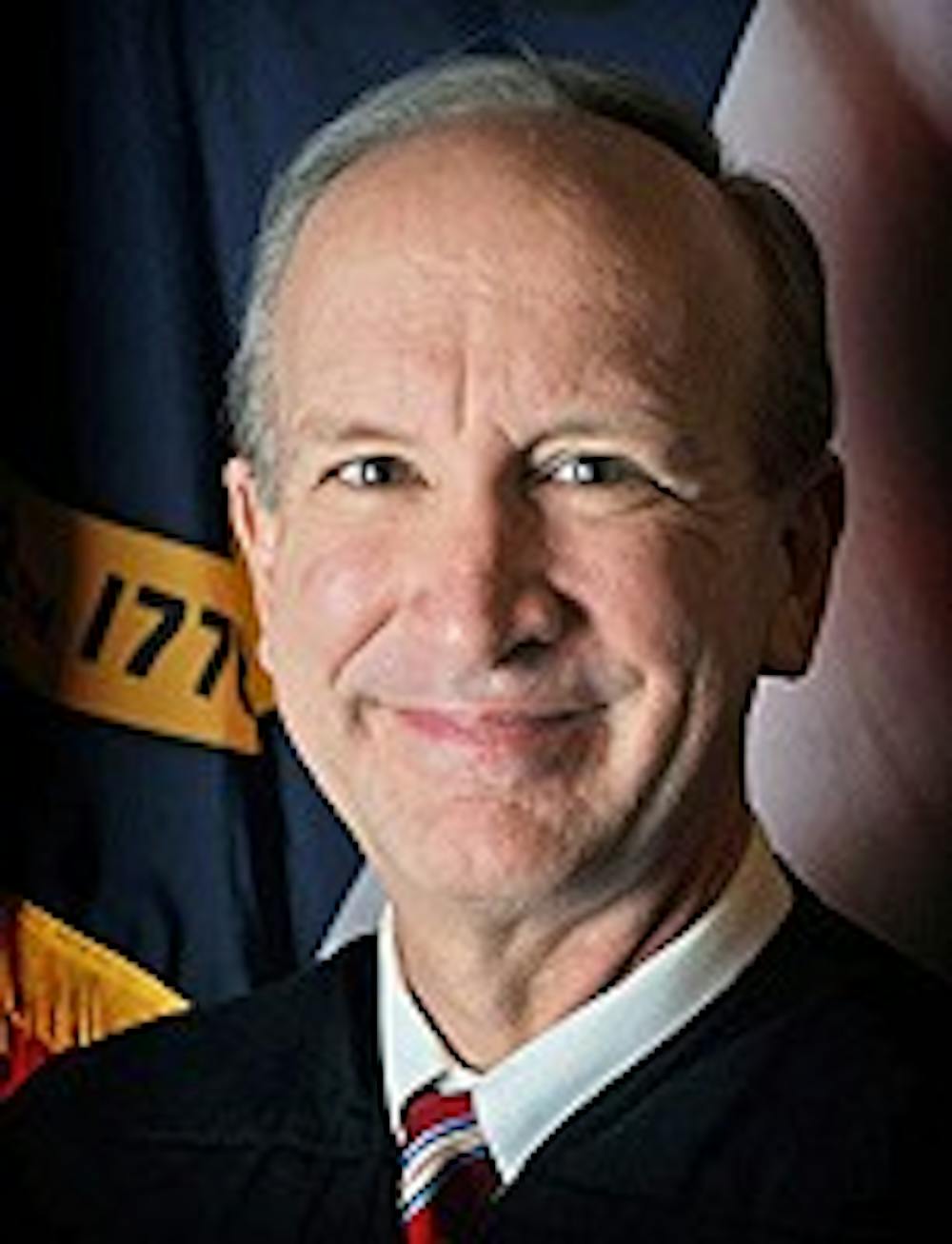N.C. Supreme Court Justice Paul Newby prevailed in a close race to retain his seat on election night earlier this month — and critics are already raising concerns about his ability to rule impartially.
The N.C. chapter of the National Association for the Advancement of Colored People filed a motion Wednesday requesting that Newby recuse himself from the pending case concerning N.C. redistricting.
The NAACP is arguing that Republicans drew black voters into fewer districts to limit their influence, and that Newby will be partisan since his campaign was funded by right-leaning groups.
In the wake of the 2010 Citizens United decision by the U.S. Supreme Court, political analysts are questioning the influence that outside interest groups can wield in elections — especially in low-profile races like the ones for seats on N.C.’s highest court.
The Citizens United decision barred the government from regulating campaign expenditures from outside organizations, such as Americans for Prosperity.
The race between Newby and N.C. Court of Appeals Justice Sam Ervin IV was heavily funded by outside groups.
Newby’s campaign and independent groups spent about $1.35 million in total, while Ervin’s campaign spent almost $640,000.
“It should raise questions in the minds of normal citizens about whether or not a judge can be bought,” said Isaac Unah, a UNC political science professor.
Unah said Americans for Prosperity, a right-leaning organization funded by the Koch brothers, donated a significant sum to Newby’s campaign — exactly $225,000.




